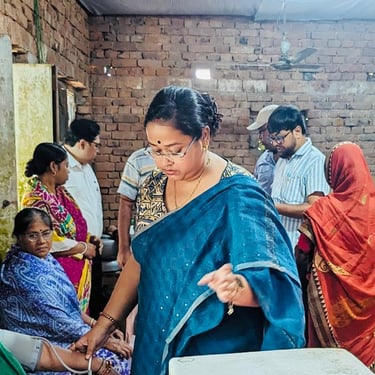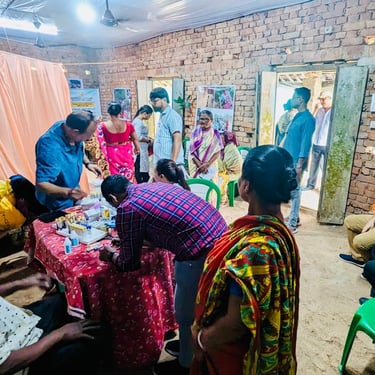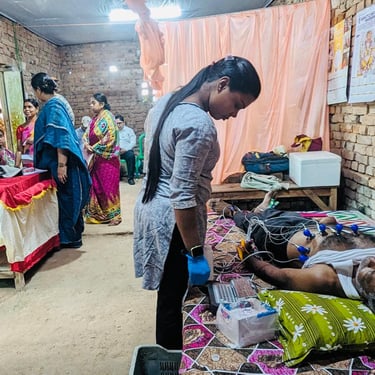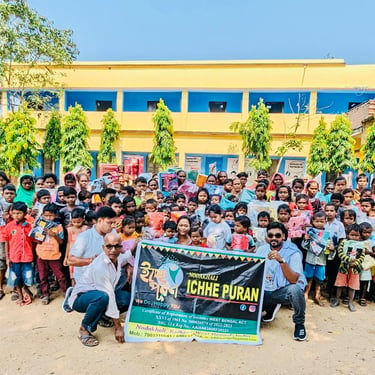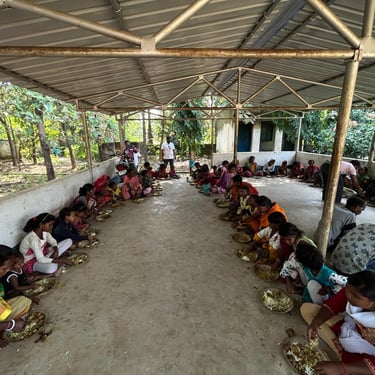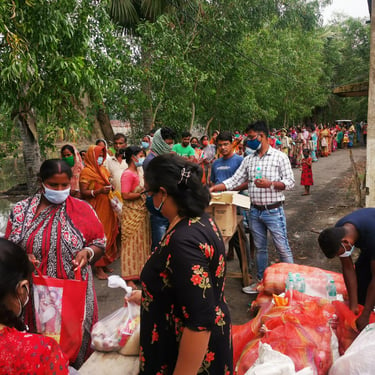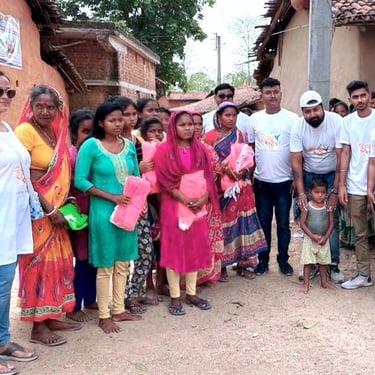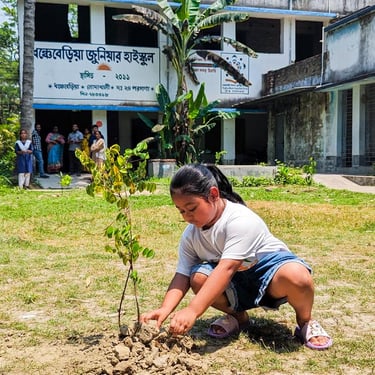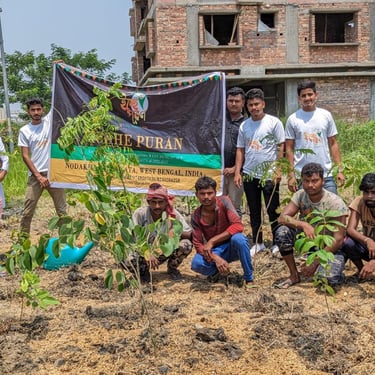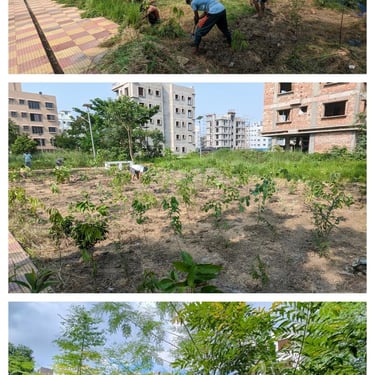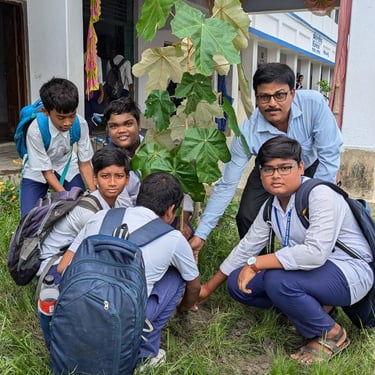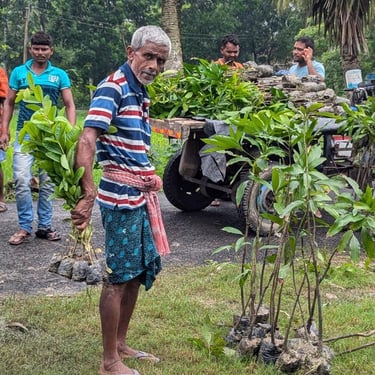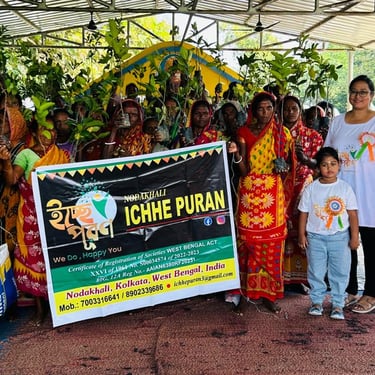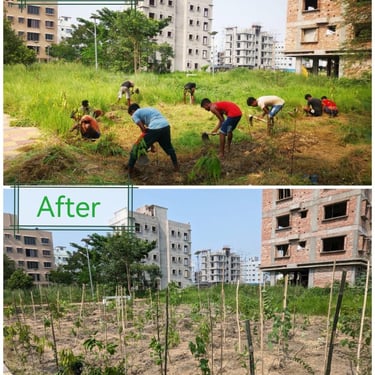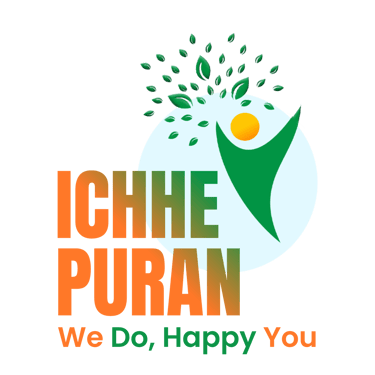Our NGO is committed to environmental sustainability, education, community support, and development through the following initiatives:
1. Rural Livelihood Agroforestry Model - Supports marginal farmers by promoting agroforestry. - Enhances farmers' livelihoods through sustainable practices. - Increases tree cover and biodiversity on farm lands.
2. Community Land Plantation Model - Collaborates with government bodies, individual farmers, or groups of farmers. - Focuses on planting forest trees to create natural habitats, including Miyawaki forests and mangrove plantations. - Aims to restore natural ecosystems and increase green cover in rural areas.
3. City-Based or Rural-Based Plantation Model - Plants trees in urban areas, schools, government office areas, etc. - Promotes "Green Earth" and "Save the Earth" initiatives to raise environmental awareness. - Encourages public participation in tree-planting drives for cleaner, greener cities and villages.]
4. Pond Restoration Model - Restores and revitalizes ponds, making them suitable for community use. - Enhances water availability and improves local biodiversity. - Supports environmental sustainability and water conservation efforts.
5. Medical Camp Model - Provides affordable health check-ups, including diabetes, malaria, blood tests, etc. - Ensures basic health services reach underserved communities. - Educates people on health conditions, fostering awareness and preventive care.
6. Kriti Pathshala Model -Supports education for underprivileged children, particularly those from laboring or marginalized families. - Aims to provide foundational learning and a path to a better future. - Fosters equal opportunities for children to achieve their educational goals.
7. Sahara Initiative -This model could focus on providing essential items like clothes, food, and rain protection to vulnerable community members, helping them meet basic needs and ensuring they feel supported.
Our Projects
